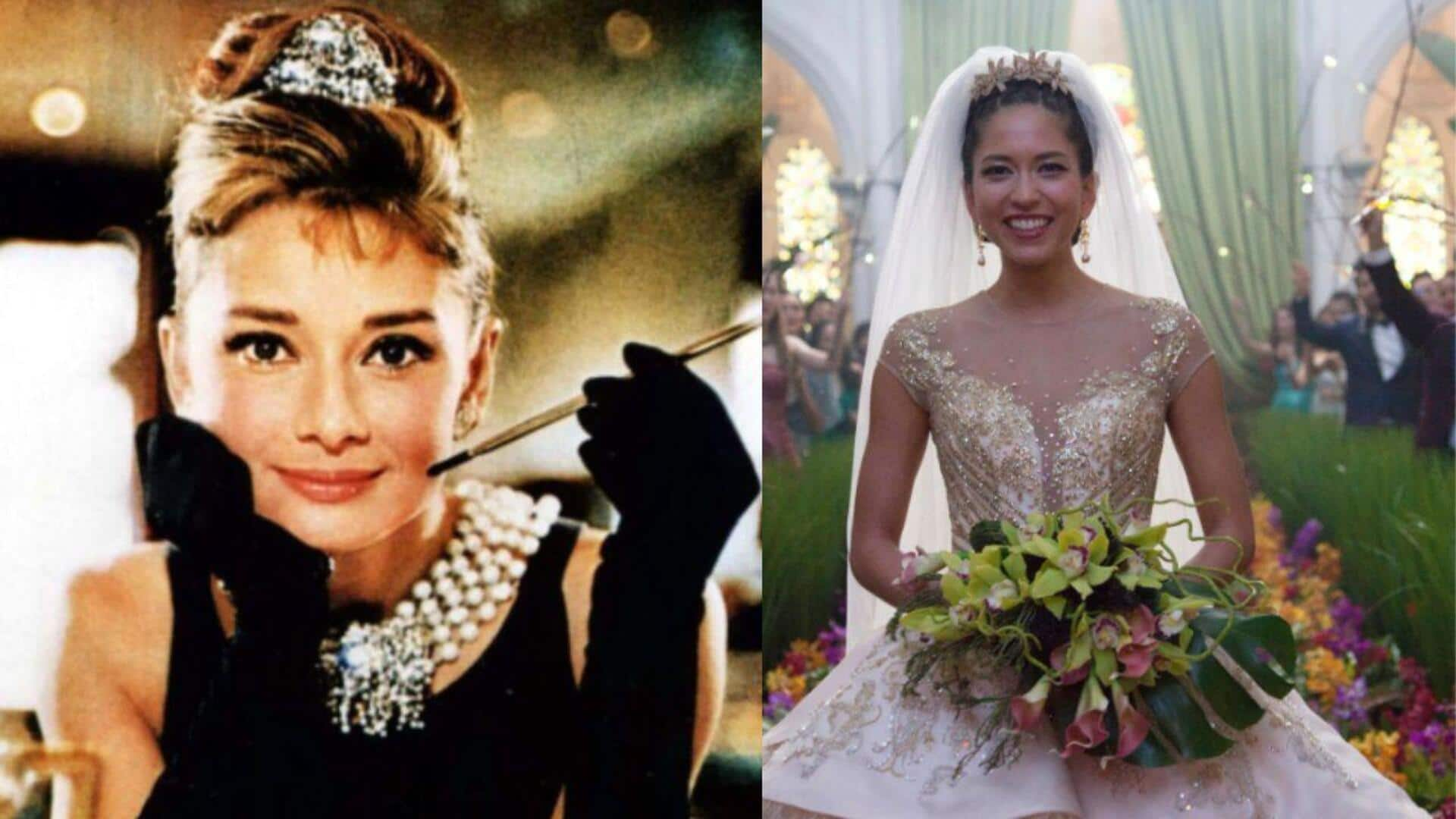
The transformation of romantic comedies in US cinema
What's the story
Romantic comedies, aka rom-coms, have long been a staple of US cinema. They combine the elements of humor and romance to tell stories that resonate with audiences. Over the years, these films have undergone a sea change, evolving with the times and preferences of viewers. From classic tales of love to modern-day narratives questioning the tropes, rom-coms continue to evolve and entertain across generations.
#1
The golden age of rom-coms
The golden age of rom-coms lasted from the 1930s to the 1950s. It was the era when movies like It Happened One Night and Roman Holiday defined the genre. The movies would often have witty dialogues and charming leads who would overcome misunderstandings to find love. The era established many of the tropes we still see today, like meet-cutes and grand gestures.
#2
The rise of modern rom-coms
In the late 20th century, rom-coms started getting more contemporary. Movies like When Harry Met Sally brought complex characters dealing with real-life issues in addition to romance. This shift made it easier for audiences to see themselves in these stories. The genre started exploring the diversity of relationships and settings, without letting go of its core elements of humor and love.
#3
Diversity in storytelling
In recent years, we've witnessed more diversity in rom-coms. Filmmakers are now telling stories that are more inclusive of different cultures, backgrounds, and experiences. Movies like Crazy Rich Asians shine a light on different cultural perspectives while still making sure to deliver on the romance and comedy elements. This has widened the scope of rom-coms by providing new narratives that connect with a global audience.
#4
Impact on pop culture
Romantic comedies have shaped pop culture through the years. Legendary dialogues from films like You've Got Mail or unforgettable scenes from Pretty Woman continue to be part of popular discourse even now. They dictate style trends, songs played at weddings or on dates, and how one views relationships themselves—proving their impact goes far beyond just entertainment value.